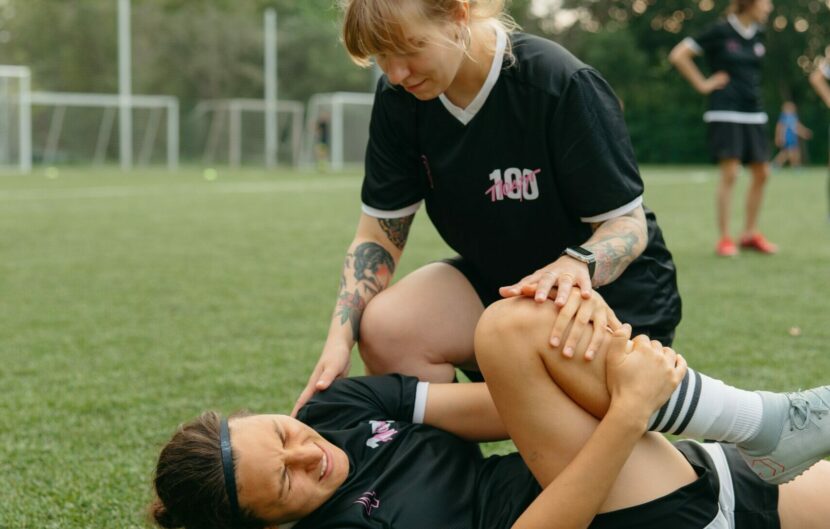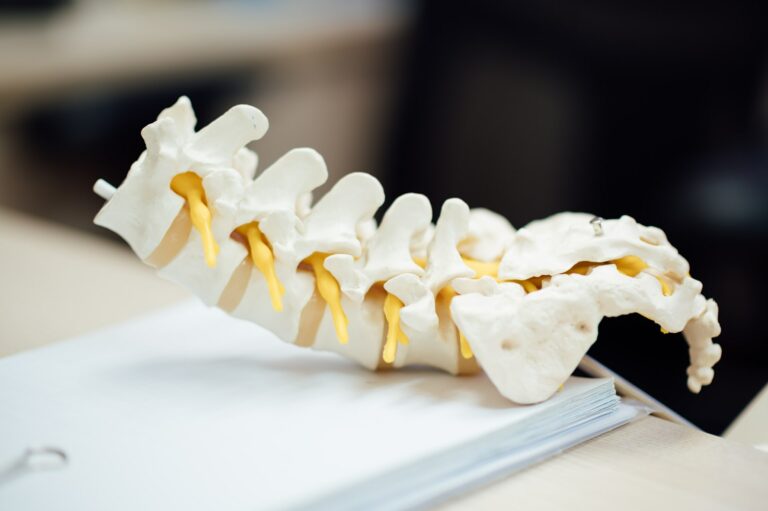Recently, an eighth grader at Summer Creek Middle School in Tarrant County died after collapsing at football practice. The 13-year old boy, who had no known health problems, had been playing football outdoors when he began moving erratically. Temperatures that day were in the low 90s. He suddenly collapsed and arriving paramedics performed CPR. Tragically, he later passed away at the hospital. Currently, the medical examiner’s office has not released an official cause of death. Deaths while playing football and other sports at a middle and high school level are relatively rare, but all contact sports bring a risk of traumatic brain injuries, spinal cord injuries, and other serious conditions.
Youth Sports Related Injuries and Deaths
The Tarrant County teen died as a result of a non-game related incident, meaning he was not directly injured while playing the sport. According to the National Center for Catastrophic Sports Injury Research, just nine football players died from non-game related incidents in 2017. Seven of these deaths involved high schoolers while two were college students. Causes of death were generally cardiac events and heat stroke.
Nationwide, over 30 million students participate in youth sports. Young athletes are injured at relatively high rates, with more than 3.5 million students under the age of 14 receiving medical treatment for sports related injuries annually. High school athletes experienced the most severe injuries, with over 30,000 hospitalizations linked to sports incidents each year.
Traumatic brain injuries are among the most common and potentially serious injuries that a young athlete may suffer. TBIs are particularly common among young football players, who frequently experience blows to the head. Studies have now revealed that repeated TBIs in children, whose brains are still developing, could lead to lifelong disabilities.
Youth sports organizers have a duty to keep their young players as safe as possible while on the field, track, gymnasium or in the pool. Children should be equipped with the appropriate safety equipment during both practice and games. Coaches should be trained to immediately recognize an injury and ensure the child receives the appropriate treatment. Young football and other contact sports players should never be allowed to return to practice or a game if they are suspected to have suffered a head injury. Children should be instructed in the rules of the sport and these rules should be strictly enforced. Teams should always warm up before playing. Young sports players who have suffered an injury that may have been due to the inappropriate actions of a sports organizer should consult with a personal injury attorney as soon as possible.











